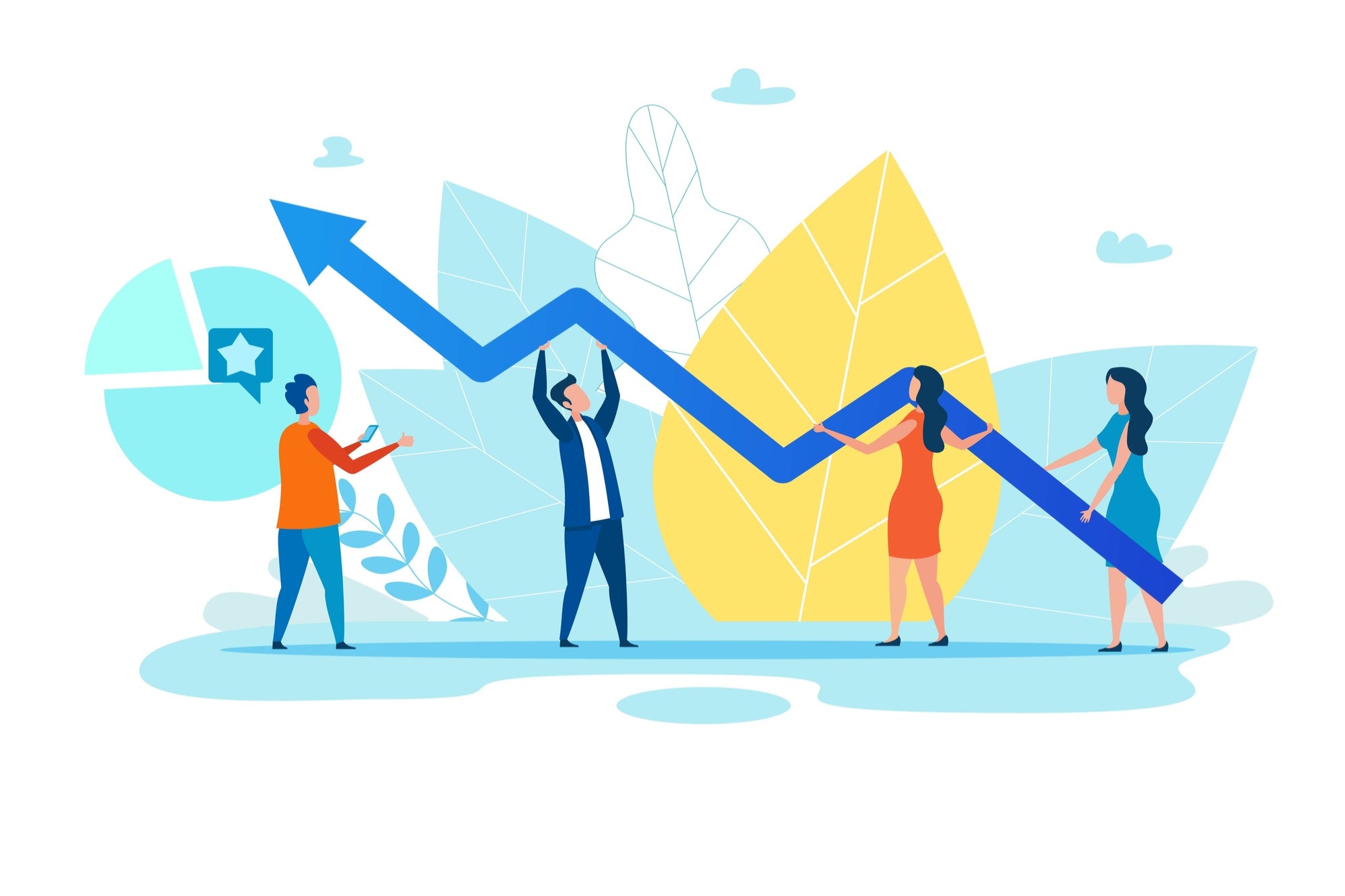
Everything you need to know on systems that can increase productivity, sales and growth without shooting in the dark.
2 min read
Opinions expressed by Entrepreneur contributors are their own.
One of the rising tech sectors today is data aggregation with many millennials coming to the forefront of the industry to bundle information and convey it in a summary form.
Aggregating is all around us
To fully understand what data aggregation is, let’s look at this example: Data-collecting companies, like Facebook, gather intelligence such as likes or page-visits users consume. This information is carefully organized to promote ads or document what users see in their feeds. In business using behavior metrics such as the number of transactions, or average age of the consumer, helps the company focus on bestsellers.
Related: Opportunity For Startups in Manufacturing, Logistics and Supply Chain
What does this mean to the average entrepreneur? Using these kinds of systems can pinpoint and increase productivity to boost sales and growth.
Related: [Funding Alert] Healthtech Start-Up Innovate Raises $70 Million
Dollars for data
Vasiliy Fomin is an excellent example of someone currently cashing in by way of running a data aggregator, bundling information from various sources into a single API, and allowing all types of businesses to power their offerings to consumers. He’s been able to build a thriving business earning millions in revenue by selling aggregated vehicle data, arrest record data, and more to a network of qualified resellers.
For entrepreneurs, research and development are essential in understanding the market behavior so as to provide the best services to their customers. Data aggregators embrace innovations, new ideas and critical questioning by syncing with the industry’s changing trends in various aspects like leading, hiring, retaining and technology.
Related: 4 Ways Businesses and Consumers Can Take Back Their Data
https://www.entrepreneur.com/article/360116

